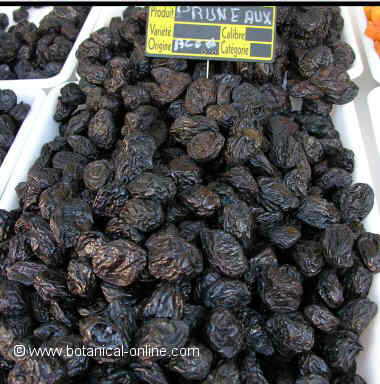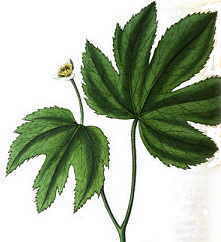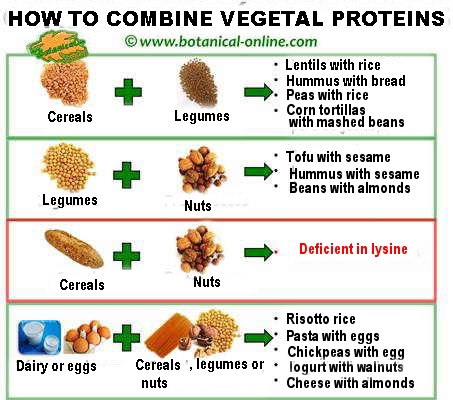Contents
Potassium in the human body
What is potassium?
This mineral is considered, like sodium and chloride, an electrolyte, that is to say, it has electrical properties. Potassium and sodium have positive charges, the chloride has negative charges.
Importance of potassium for human body
The human body contains about 5% of potassium, which determines that this mineral is the third most important in the body after calcium and phosphorus.
Potassium can be found almost entirely within the cells.
Sources of potassium
Where is it found?
– Animal sources of potassium: Potassium is virtually found in all foods of animal origin such as meat (beef, chicken, etc.), Fish (turbot is very rich) and milk or their derivatives (milk, yogurt, kefir, cheese, etc.).
– Vegetal sources of potassium: Even more important that the animal foods are the vegetal foods because of their higher content in potassium. Among the vegetal sources rich in this mineral are: potatoes, beans, tomatoes, avocados, lentils, plums, orange juice, melons, bananas, spinach, wheat germ, raspberries, currants, peaches etc. (More information on rich-potassium foods)
Potassium supplements
Another way to acquire this mineral is through supplements. There is almost never a need to eat potassium supplements because a varied diet generally provides the required amount. However, there are a number of situations that could produce a deficiency. (See Potassium special needs)
If your doctor thinks you would need supplement intake of this mineral, we have a wide range on the market presented in the form of tablets, liquid or powder. It is best taken with meals, to avoid possible stomach irritation.
![]() More information on potassium
More information on potassium








